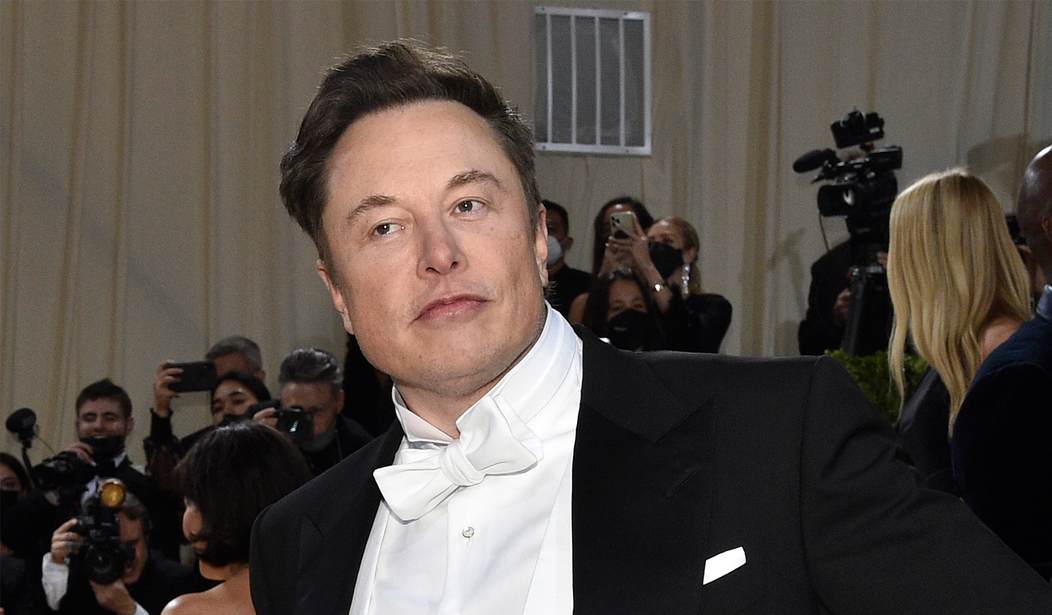We haven’t heard much recently about Elon Musk’s ongoing battle to either finish buying Twitter or find a way out of the deal, having become unhappy with the condition of the company and its user base. One interesting development did pop up over the past week, however. A court in Delaware publicly released six months’ worth of text messages that Musk sent and received between Janauary and June of this year. In all of these conversations, the one thing that an article at Slate focuses on is the appearance of Musk’s inner circle being essentially a collection of “yes men” who tend to agree with everything he suggests. Not one of them apparently cautioned against his decision to purchase Twitter, or if they did, they used other channels. Slate clearly views the decision as a bad one that will cost Musk a vast sum of money no matter how it works out, and they treat it as a self-inflicted wound. This development raises some obvious questions, more to do with how this court case is being handled than Musk’s own personal appetites and impulses.
Elon Musk does not have anyone in his life who is willing to tell him “no”—or if he does, they don’t appear to have his cellphone number.
On Thursday, the Delaware Court of Chancery released an astonishing trove of text messages that Musk sent and received this year as he contemplated, and then went ahead with, making an offer to buy Twitter for $43 billion. Not long after Twitter accepted the offer and Musk signed some paperwork—apparently without bothering to do due diligence—he changed his mind and attempted to terminate the deal, something Twitter is now suing to force through. Unless he gets away scot-free (far-fetched but possible), he will either pay a small number of billions of dollars or many billions of dollars, and also maybe own a company he does not want.
All of this was a colossally bad idea! But as I read through the 40 pages of text messages, which span from January to June of this year, one thing that struck me was that no one chatting with the Tesla and SpaceX CEO was willing to counsel him against the deal. If there was anyone in his life doing so on some other platform, they weren’t heeded, because Musk made the offer, assembled the financing, announced it to the world, and—most importantly—signed the contract that now weighs approximately as much as a Cybertruck and is hanging from his neck.
I suppose the first question to address is how Elon Musk’s private text messages made it into the public domain. Normally, a person’s private digital communications should be precisely that… private. The exceptions to that rule would arise if the person is accused or at least suspected of a crime and law enforcement was looking for evidence to build a case. But this isn’t a criminal investigation as far as I know. It’s a question of a contractual dispute. Even if the court needed that information, we never should have seen it.
It indeed sounds as if many in Musk’s inner circle were “egging him on” to purchase Twitter (as the article suggests) and to turn it into a haven for free speech. To be fair, I was guilty of doing the same on my own Twitter account. But Musk appears to have agreed with those who were agreeing with things he had already tweeted in public. It does not appear that any of these contacts gave Elon Musk the idea to buy Twitter and eliminate the censorship. They were simply echoing his own thoughts.
Was it a bad deal? Probably. The Slate article notes that most investment gurus were already predicting that when the Fed began raising interest rates, the stock value of the big tech and social media companies would take a serious hit. That happened as predicted, turning Musk’s offer to buy Twitter at $54.20 per share “from a generous offer into a totally bonkers one.”
Fair enough, I suppose. But none of these leaked messages reveal the inner workings of Musk’s mind during the period when he went from looking totally serious about the purchase to regretting the entire episode. Did Musk truly want to put an end to the censorship and make the platform a haven for free speech? There doesn’t seem to be any indication that he didn’t. But it’s fair to ask whether his complaint about the number of bots on the platform was a legitimate one or whether he was looking for a loophole to get out of the contract he had signed.
The bots clearly would impact the total potential advertising revenue Twitter could generate for him. But I’m fairly sure that most of us who use the platform were aware of the prolific armies of bots that inhabit it. While not an invalid concern, it still made the deal seem less financially sensible. But he signed the contract and it now appears that he will either be left paying some number of billions of dollars to get out of it or a massively larger number of billions of dollars to take control of a company that he is no longer enamored with. And yet, circling back to the original question, is Elon Musk in this situation because he didn’t have any brave people in his life who were willing to point this out? Or had he already considered the odds and the ramifications and decided it was worth the risk anyway? I would suggest you look at the success of Tesla, SpaceX and his other ventures. The man isn’t a fool or an idiot. (Remember the old adage about an idiot and his money being soon parted.) Perhaps Elon wasn’t talked out of it because he didn’t need to be talked out of it. And if it turns into a loss on his bottom line, that was a calculated risk he was willing to take.








Join the conversation as a VIP Member